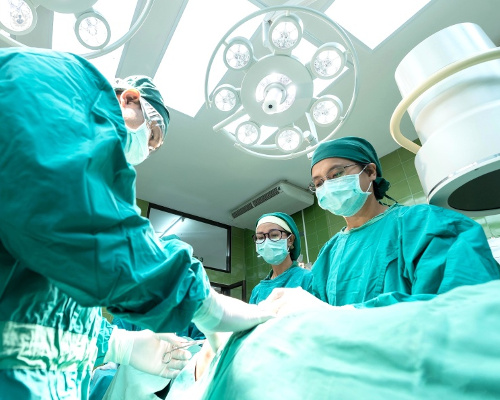

What is colorectal surgery?
Colorectal surgery is a field in medicine that treats conditions of the colon, anus and rectum. Sometimes treatment involves a team of specialists to treat conditions that affect numerous areas of the body. The conditions treated within the field of colorectal surgery vary and include:
- haemorrhoids
- anal fissures
- anal fistulas
- rectal prolapse
- Inflammatory bowel disease (Crohn’s disease, ulcerative colitis)
- colorectal cancer
- bowel incontinence
- gallstones
- pilonidal sinus infections
- irritable bowel syndrome (IBS)
- pelvic floor disorders
- constipation
- diverticular disease
- hernias

Why would you need colorectal surgery?
You would see a colorectal surgeon if you were being diagnosed or treated for the above conditions, as well other conditions relating to the colon, anus and rectum.
What does colorectal surgery involve?
The different surgical procedures carried out by colorectal surgeons include:
- colonoscopy
- flexible sigmoidoscopy
- laparoscopy
- haemorrhoid surgery (haemorrhoidectomy)
- fistula surgery
- gallstone removal
- hernia surgery
What to expect from colorectal surgery
Much of the above diagnostic and surgical procedures are carried out under local or general anaesthetic and involve a hospital stay of some description. Minimally invasive techniques (laparoscopy, colonoscopy) generally allow for faster recoveries and fewer complication risks, however, whether or not your condition can be treated in such a way depends on the circumstances surrounding your diagnosis.
